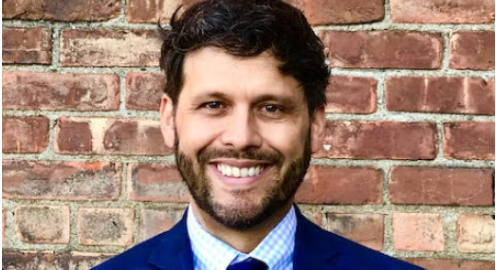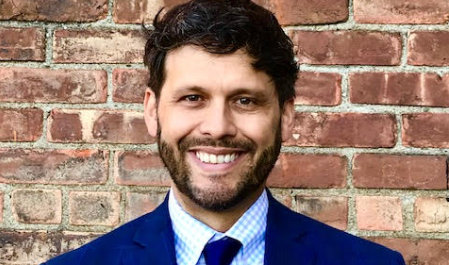
The Esoteric Government Body That Can Unlock Climate Solutions – If They Get It Right
New York’s 14th annual Climate Week feels all the more urgent after New York City residents experienced the worst air quality in the world this summer from rampant wildfires and record-breaking heatwaves.
As New Yorkers, we pride ourselves on leading the nation when it comes to combating climate change. This year we should celebrate that leadership by taking decisive action to accelerate the transition from inefficient fossil fuels for heating and hot water to cleaner, safer, and more efficient electric appliances.
For that to happen, the New York Building Code Council suddenly became crucial to our path. The BCC must ensure multiple electrification mandates regarding efficiency and resiliency are reflected in the new 2024 Building Code.
Electrification is particularly pressing in New York City, where more than two-thirds of greenhouse gas emissions come from the building sector, largely through aging buildings and inefficient fossil fuel machines like boilers and furnaces.
Already, air pollution causes around 2,400 deaths in New York City every year and thousands of emergency department visits for asthma, along with heart and lung problems. Without drastic changes to decrease the city’s emissions, these numbers will only increase.
The good news is, that in 2019, New York State passed the Climate Leadership and Community Protection Act (Climate Act), which sets the most ambitious climate targets in the country. The New York State Climate Action Council (CAC) was also created to ensure the Climate Act is implemented effectively and efficiently. This year, the CAC released a Scoping Plan that laid out the framework for how New York should reduce greenhouse gas emissions.
The Scoping Plan clearly states, “public funding should be scaled up and used strategically to accelerate wide market adoption of weatherization, electrification, and additional energy efficiency and resiliency upgrades.” Along with clear calls for electrification, energy efficiency, and resiliency in the Scoping Plan, Governor Kathy Hochul also included electrification provisions in the 2024 state budget.
Against this backdrop, the Building Code Council is in the process of issuing its updated 2024 Building Code. As anyone who has ever needed a permit for plumbing or electrical work knows, this seemingly arcane set of rules has a major impact on how we build, grow, and develop our communities. The code is updated every five years, so getting it wrong now means we will lose a half decade of energy savings, job creation, and progress towards our climate goals.
Based on provisions included in the Climate Act, the CAC’s Scoping Plan, the Advanced Building Codes and Standards Act and language included in the state budget bills passed this year, the Building Code Council has the authority – and a requirement – to ensure the recommendations from the CAC’s Scoping Plan are incorporated into the updated Building Code, to the maximum extent possible. The Climate Act also requires the Building Code Council to determine before approving the updated code whether it will hamper the State’s ability to achieve its climate targets. which is vitally important since New York’s building sector is the largest emitter of greenhouse gas pollution.
The New York Department of State and in partnership with the New York State Energy Research and Development Authority (NYSERDA) are responsible for drafting the 2024 Building Code updates and the Building Code Council will review and approve it. Thus far, each of those agencies have failed to include requirements that would drive weatherization, electrification, and additional energy efficiency and resiliency upgrades in its most recent draft of the Building Code.
At the end of September, the Building Code Council has another opportunity to add these requirements to the updated Code. Otherwise, members of the Building Code Council should not approve the latest version. If weatherization, electrification, efficiency and resiliency upgrades are not included in the draft rules when they come out at the end of this month, it will likely mean a lost decade for New Yorkers, the health and efficiency of our homes, and the wellbeing of our planet.
As the foremost leaders fighting climate change gather in NYC this week, state leaders must do right by New Yorkers and cement the city’s role as a sustainability leader by driving the shift towards a more efficient all-electric future.
Michael Hernandez is the New York policy director for Rewiring America, where he leads efforts to influence state policy initiatives to accelerate the transition to demand-side electrification as the most tangible and common-sense strategy for addressing the climate crisis.
*sponsored content*

